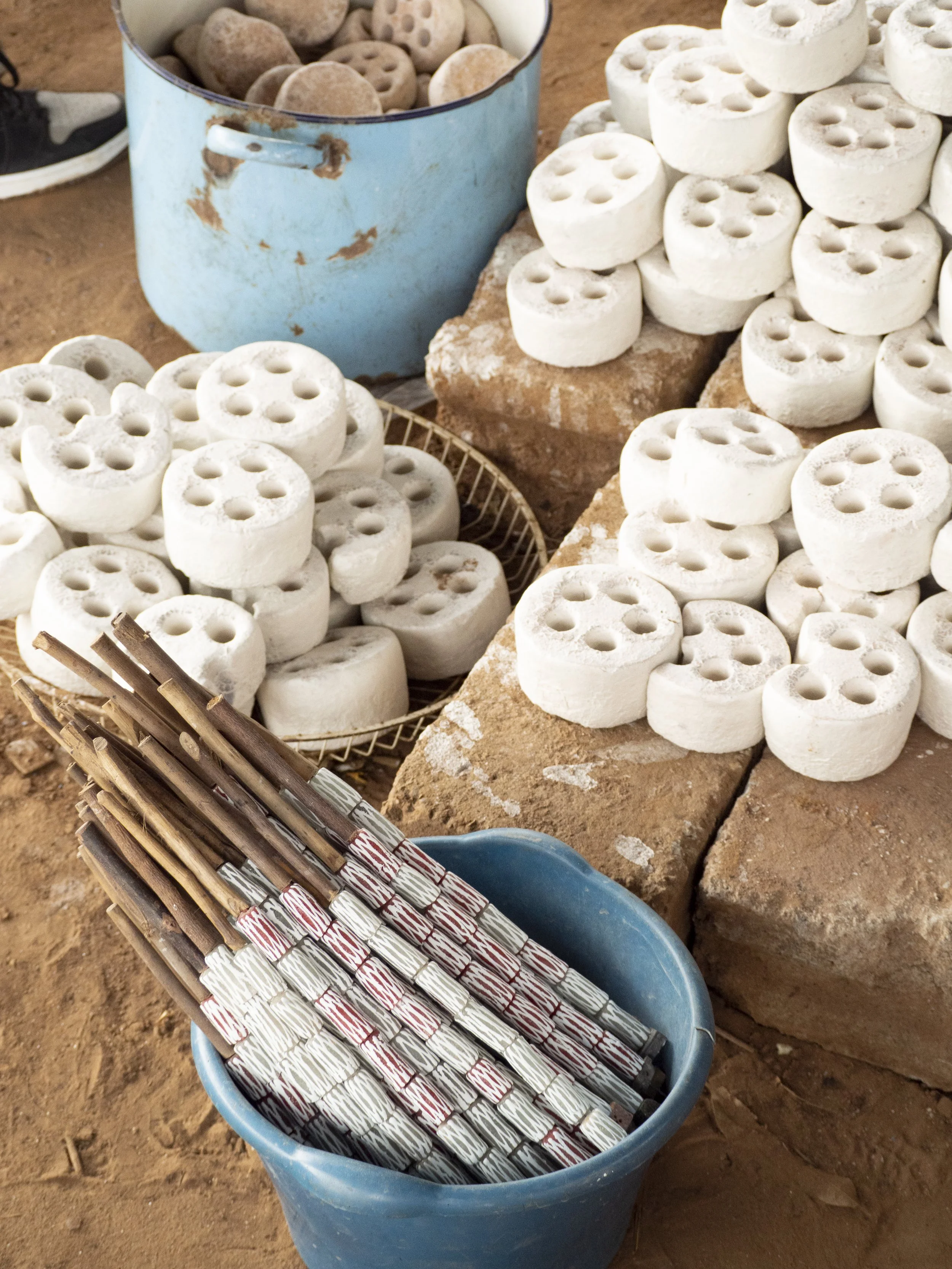Sustainability Through Craftmanship
Sustainability Through Craftmanship
Sustainable design is a term that’s increasingly used (and overused, often with little to back it up) these days as we all become ever more aware of the serious environmental impact of our clothes, and technological products among others. Frequent topics are raised on environmental sustainability and the hindrances to achieving it. But what does sustainable design actually mean?
Sustainability is the process of maintaining change in a balanced design, in which the misuse of resources, the direction of investments, the orientation of technological development, and institutional change are all in accordance and strengthen both current and future possibilities to meet human needs and hops. In summary, sustainability is thinking long-term through the following pillars: economical, social, and environmental needs of the current and future generations. So it is directly or indirectly dependent upon climatic change.
Do you believe in sustainability?
Many companies began implementing sustainability in their manufacturing processes during the last years; by reducing, recycling, implementing ethical and environmentally-friendly operations, etc. Sustainability is proven to be conscious, and responsible.
Making community development sustainable is, in general, a challenging and complex undertaking, involving different parts such as technology, economics, environmental stewardship, health and welfare of people, social desires, and government strategies, procedures, and policies. More specifically, making manufacturing sustainable requires balancing and integrating economic and environmental societal objectives, supportive policies, and practices.
What is considered a sustainable product?
Sustainable products are made from renewable resources and have the property of being recyclable and/or biodegradable.
Sustainable products don’t harm the environment through their production, distribution, and/or consumption.
Sustainable products are ethically and fairly manufactured. Socially sustainable businesses are responsible for their employees’ health, well-being, and success inside their company.
Almost no action is completely free from environmental impact, so most environmentally conscious companies strive to minimize negative impact while being transparent about their productions and creating traceability to their processes.
CRAFT AS A ‘LIFE-CHANGING’ PRODUCT
Traditional craft is often perceived as a backward advancement, defying technological processes. However, research is rediscovering the nature of craft and its potential for contributing to the improvement of social and environmental situations.
‘’Craft provides opportunities to display concerns for material sourcing and the relationship of the market with the natural world. The potential to reconfigure our economic system towards a new understanding of prosperity and re-localization that includes elements other than just the economic ones provokes support for the craft that aims beyond the development of full-time enterprises. Craft can contribute to the building of re-localized, resilient communities.’’ Chauhan, D. (Oct 21, 2018) Sustainable crafts of Kutch, 12-13.
The Craft and Slow-Made Economy is now a considerable promoter of sustainability from the sourcing stage to the processing, packaging, and consumer stage.
The renewable and ethical process of the craft economy is one of its contributions to sustainability. Materials like straw, bamboo, cane, raffia, and so on, are easily accessible, and can be regrown. Other renewable materials such as glass or metals can be recycled and reused.
The socially responsible process of equipping the skilled artisans who carry on this work of art, remunerating them adequately, promoting their culture, and passing down the knowledge of the crafting process, equally makes the craft sustainable.
The brands that stay true to the sustainable concept keep on making a positive impact on the environment, the people, and future generations.
Measuring success for Aketekete includes counting the sustainable improvements and partnerships made. From materials sourcing to collaborations made, and finally production. Since Aketekete started we make sure to be as eco, social, and culturally conscious as possible, thereby contributing to the larger economy of the Ghanaian community.
WORKERS BY GENDER
WORKERS BY ROLE
PARTNERSHIP GROWTH 2021-2022
Partnerships mean growth, development, and improvement. Partnerships mean tradition, culture, and craftsmanship being preserved by passing it on to the next generations.
At Aketekete, we focus on creating a safe and healthy space where everyone is equally treated, listened to and taken care of. We aim for our workers to understand the importance of their role in the company and believe in it.
In our production processes, we use natural, locally sourced fibers or recycled materials whenever possible and use handmade processes to avoid producing waste. We work to innovate and improve our own practices and equip our team to do the same, minimizing our environmental impact.
Each product carries a story of sustainability serving you now, and later.







